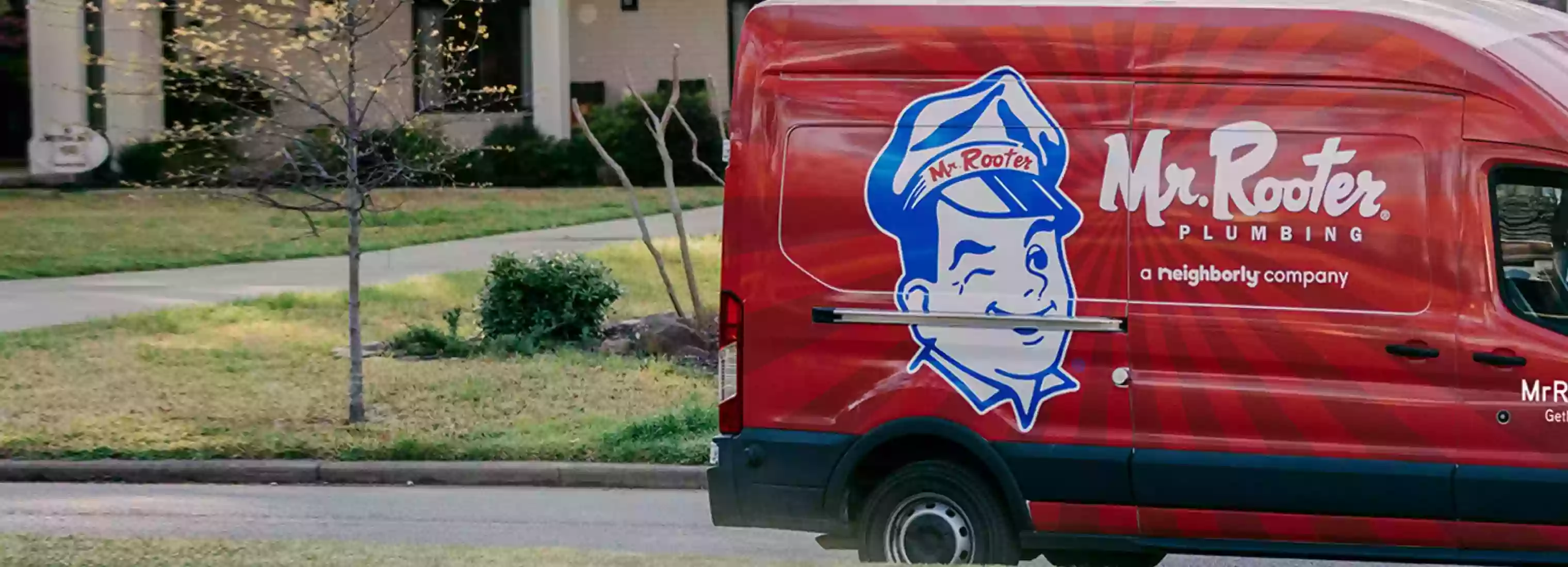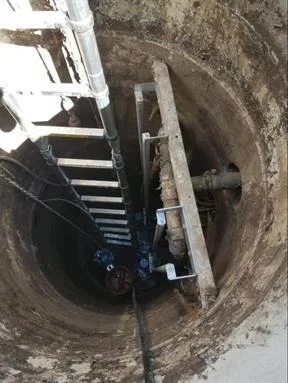Sewage-Ejector Pumps
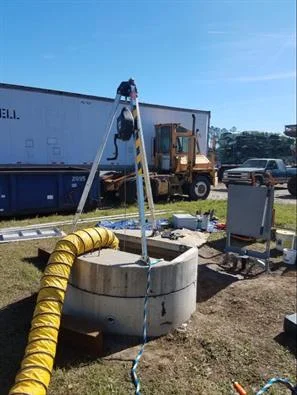 A sewage ejector pump, also called a pump-up ejector system, is necessary when any type of plumbing fixture is installed below the main sewer or septic line. Sewage ejector pumps are usually installed in a sump basin on the basement floor. The sewage ejector pumps liquids and solids up into the sewer or septic line.
A sewage ejector pump, also called a pump-up ejector system, is necessary when any type of plumbing fixture is installed below the main sewer or septic line. Sewage ejector pumps are usually installed in a sump basin on the basement floor. The sewage ejector pumps liquids and solids up into the sewer or septic line.
Because of elevations in the low country, it is not uncommon that we have ejector pumps in our homes. Many commercial sites also have large sewer ejector systems which Mr. Rooter can service and design as well.
The sump basin collects and holds about 30 gallons of waste on average for an average-sized home. The drain lines from the various fixtures in the basement area are graded into the side of the sump basin. When the level of wastewater in the sump basin reaches a certain height, a float on the sewage ejector pump is tripped. The wastewater is then pumped out of the basin and up to ground level and then out to the sewer to septic. Once the level in the basin goes down the pump turns off until the next time it needs to pump.
A vent is required for a sewage ejector pump installation. The vent comes out of the sump pump and is connected to an existing vent stack or runs up and through the roof. The common outlet size after the sewage ejector pump is 2”. After the pump outlet line, there is always a check valve to make sure that nothing drains back into the sump basin after the wastewater is pumped out.
The top of the sump basin is sealed so that no waste or smell can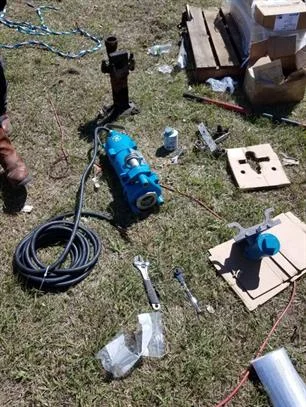 come out of the top of the basin when it is installed properly.
come out of the top of the basin when it is installed properly.
Before starting a project that would require the installation of a sewage ejector pump it is a good idea to check with your local building department. Different areas have different plumbing and building codes and permit requirements.
Any work involving septic or sewer lines is likely to have a plumbing permit with good reason. One can only imagine the mess this can create if not installed properly. So, to be safe, find out what is required to install a sewage ejector pump legally before you begin. It also wouldn’t hurt to get an estimate from Mr. Rooter before deciding to do this project yourself.
Another thing to consider carefully is the size of the ejector pump that you will need. There are pumps that come in various sizes (horsepower) and basins with different hold capacities. For the average residential installation, a standard pump kit is usually enough but you can compare prices, specs, and features to make sure you pick the system for your project.
Sewage ejector pumps are available at local home improvement stores, online, and through your local plumbing supply house. Sewage ejector pumps are also available for commercial applications, but they can require a much larger sump basin.
 Click to call
Click to call